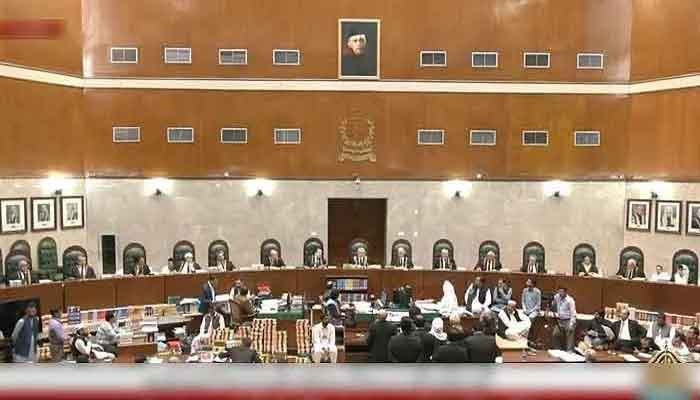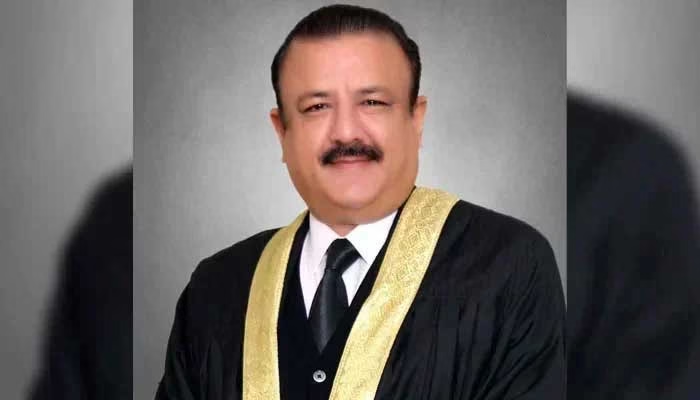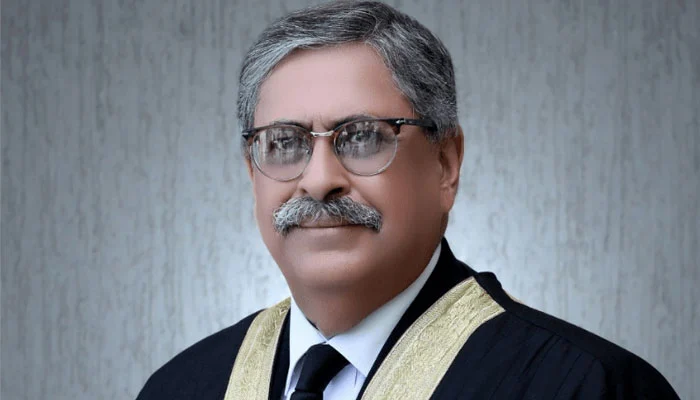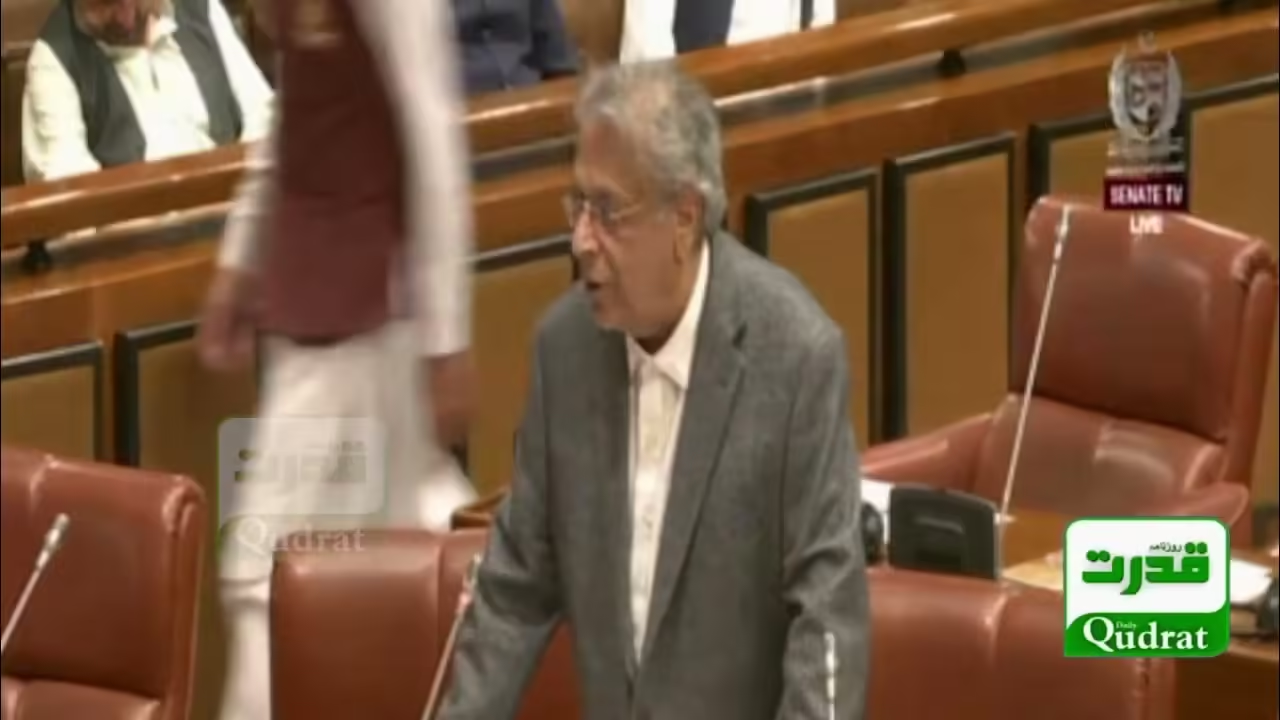In a significant development, a full court comprising 13 judges of the Supreme Court of Pakistan has been constituted to address the contentious issue of reserved seats for the Sunni Unity Council. The full court bench will be headed by Chief Justice of Pakistan Qazi Faiz Isa, and the hearing is scheduled for June 3.
Composition of the Bench
The 13-member full court bench is notable for its comprehensive inclusion of the judiciary’s top minds, ensuring a thorough examination of the matter at hand. However, Justice Musarat Hilali will not be part of the bench due to health issues. This decision underscores the commitment to a balanced and fair judicial process, even as individual members face personal challenges.
Background of the Case
The case has a complex history rooted in electoral disputes. The Sunni Unity Council had filed a petition seeking specific reserved seats, which had been a matter of contention. The initial decision by the Peshawar High Court, which granted certain seats to parties other than the Sunni Unity Council, was met with resistance and subsequently appealed.
A three-member bench of the Supreme Court, led by Justice Mansoor Ali Shah, had earlier suspended the Peshawar High Court’s decision. This suspension was a critical step, reflecting the Supreme Court’s intervention to reassess and potentially rectify the lower court’s ruling.
Legal Context and Procedures
The case was escalated for interpretation of a constitutional point under the Practice and Procedure Act. This act provides the legal framework for handling such disputes and ensures that constitutional interpretations are made with the highest level of judicial scrutiny. The referral to the Judges Committee and the subsequent formation of a larger bench signifies the gravity and complexity of the issues involved.
The Speaker of the Khyber Pakhtunkhwa Assembly had previously filed appeals against the Peshawar High Court’s decision, reflecting the political and administrative dimensions of the case. Additionally, the Election Commission of Pakistan’s stance not to allocate reserved seats to the Sunni Unity Council was upheld by the Peshawar High Court, further complicating the situation.
Implications and Expected Outcomes
The formation of a full court bench highlights the importance of this case in the broader context of Pakistan’s electoral and judicial landscape. The decision reached by this bench will have far-reaching implications, potentially setting precedents for future cases involving reserved seats and electoral fairness.
Key points of contention include:
Interpretation of Reserved Seats: The constitutional basis for the allocation of reserved seats and the criteria used to determine eligibility.
Electoral Fairness: Ensuring that the decisions made uphold the principles of fair representation and do not unjustly favor or disadvantage any particular group.
Judicial Oversight: The role of the judiciary in overseeing and correcting potential errors or biases in decisions made by electoral bodies and lower courts.
Broader Context
This case also reflects broader societal and political dynamics in Pakistan, where various groups seek fair representation and recognition within the political system. The judiciary’s role in mediating these disputes is crucial, providing a legal avenue for resolving conflicts that might otherwise escalate.
The Sunni Unity Council’s appeal represents a significant moment in Pakistan’s ongoing efforts to balance the interests of diverse political and social groups. The full court’s decision will be closely watched by various stakeholders, including political parties, legal experts, and civil society organizations.
The upcoming hearing on June 3 by the full court bench of the Supreme Court of Pakistan is a pivotal moment in the case concerning the reserved seats for the Sunni Unity Council. Led by Chief Justice Qazi Faiz Isa, the 13-member bench will deliberate on complex constitutional and legal questions that have significant implications for Pakistan’s electoral justice system. The outcome will not only resolve the current dispute but also potentially influence future interpretations and applications of electoral laws in the country.



